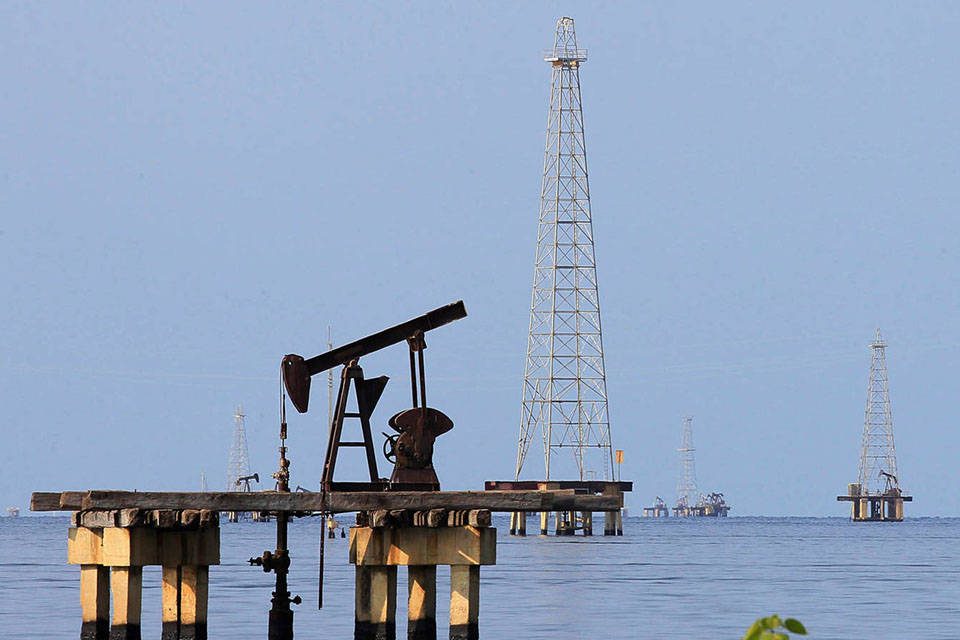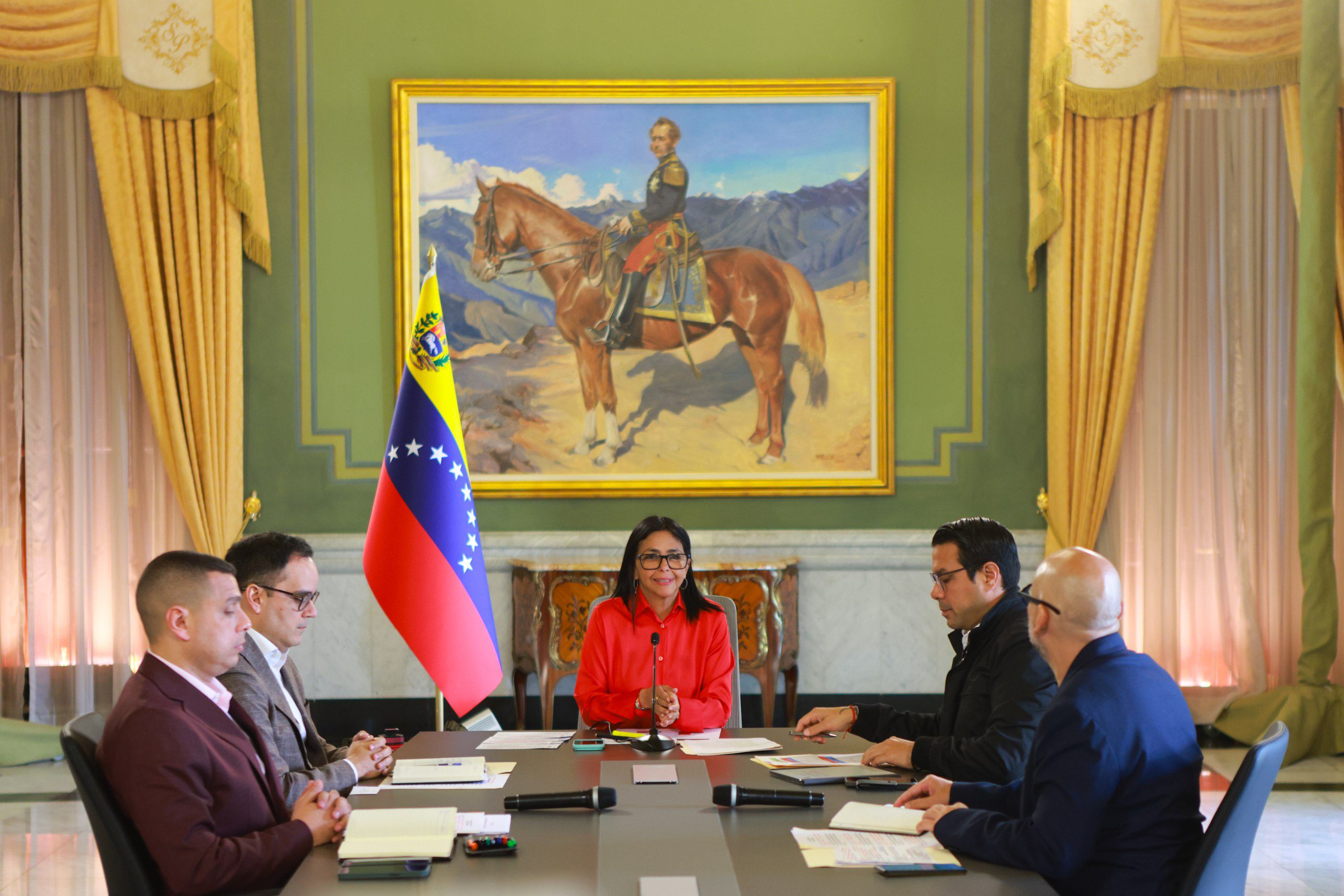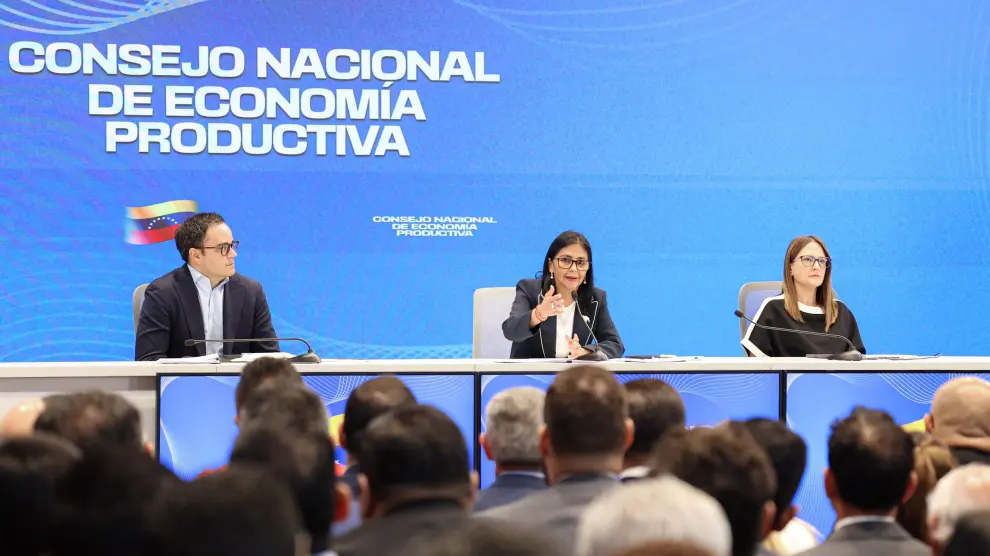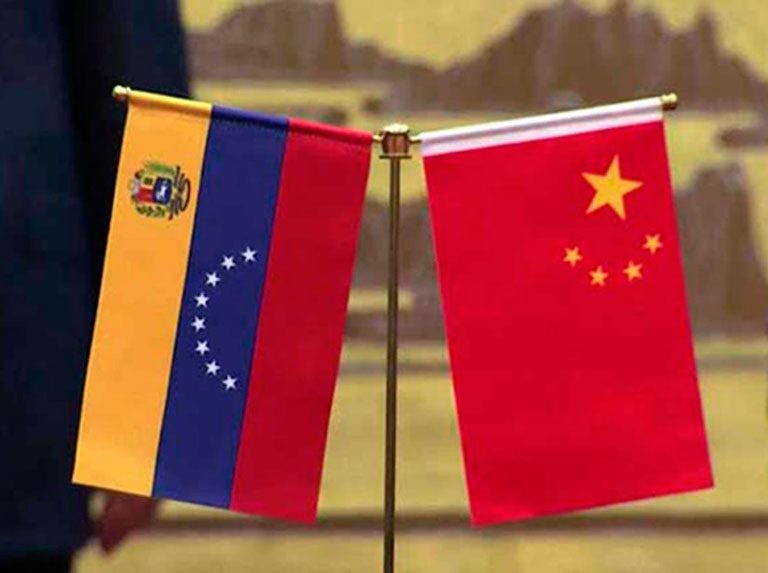China has become the main destination for Venezuela’s oil exports. Photograph: social media
Guacamaya, September 4, 2025. The arrival of the floating platform Alula in Lake Maracaibo marks a new chapter in energy cooperation between China and Venezuela. The project, valued at $1 billion and led by China Concord Resources Corp (CCRC) in partnership with Petróleos de Venezuela (PDVSA), aims to revive production in the Lago Cinco and Lagunillas Lago fields, with a target of 60,000 barrels per day by 2026.
This move is significant for several reasons. First, it breaks with the trend of declining foreign investment in Venezuela since the United States imposed oil sanctions in 2019, which have limited the country’s access to financing and infrastructure. The presence of CCRC, a private Chinese company, reflects Beijing’s willingness to take advantage of the opportunities created by Caracas’ international isolation.
Additionally, the project includes a production differentiation plan: light crude will be delivered to PDVSA for domestic use, while heavy crude will be destined for the Chinese market. This not only ensures a steady flow of hydrocarbons to Asia but also strengthens Venezuela’s role as an energy supplier amid growing geopolitical competition between China and the United States.
Venezuela’s oil infrastructure, particularly in Lake Maracaibo, had suffered from neglect and lack of investment over the past decade. The installation of the Alula platform, which departed from Zhoushan, China, and flies the flag of São Tomé and Príncipe, represents the first major modernization in the region in years.
Meanwhile, PDVSA has managed to stabilize production at around 1 million barrels per day in 2025, with exports reaching a nine-month high of 966,500 barrels per day in August. The partnership with CCRC could consolidate this partial recovery and open the door to future agreements with Asian players.
This move aligns with China’s broader strategy of diversifying its energy sources by investing in countries sanctioned by the West, such as Iran and Russia, where Chinese companies have played a key role in maintaining production. In Venezuela, this role could serve as an economic lifeline for Nicolás Maduro’s government while also becoming a new point of tension in the already complex relationship between Washington and Beijing.






